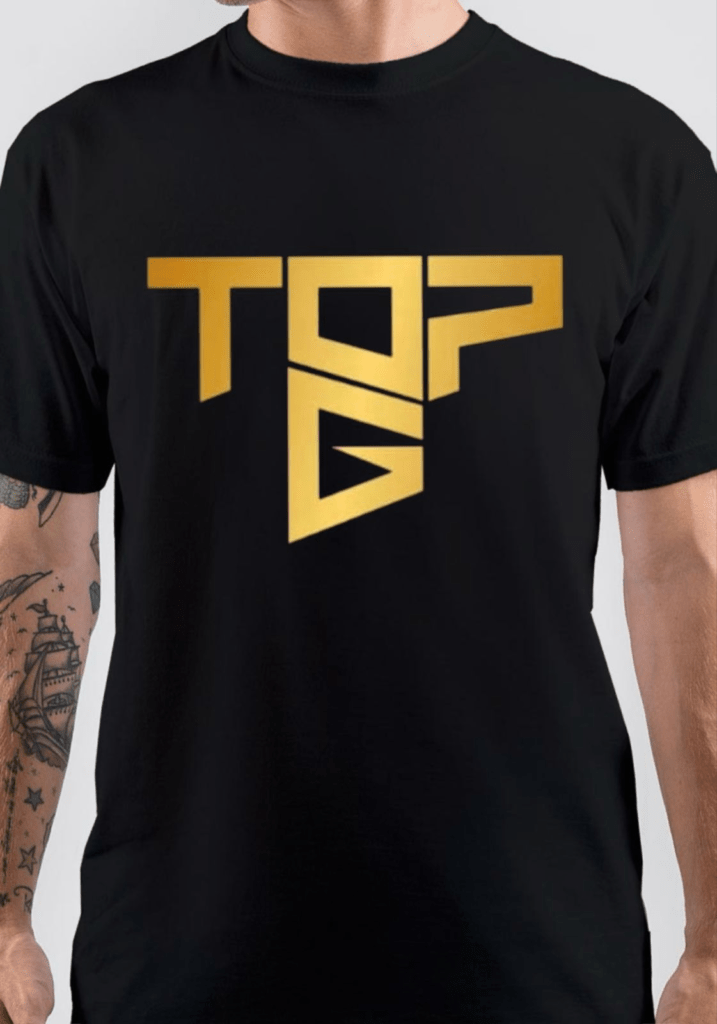
What Does “Top G” Really Mean and Why Is It Linked to Andrew Tate?
“Top G,” a phrase that has permeated internet culture, especially on social media, is closely associated with Andrew Tate, a former kickboxer turned influencer known for his controversial views on masculinity, success, and societal norms.
“Top G” stands for “Top Gangster,” but it has also been interpreted as “Top Guy” or “Top Gentleman.” Andrew Tate popularized the term to represent an ideal of ultimate masculine dominance, success, and capability in all areas of life. Displays of wealth, physical strength, and a rejection of traditional societal constraints mark this persona.
Trending Now!!:
Tate‘s use of “Top G” has sparked both admiration and criticism. Supporters view it as an aspirational model promoting unapologetic ambition and success. At the same time, critics argue it glorifies toxic masculinity, promotes harmful views on women, and encourages a hyper-materialistic approach to life, especially among young followers. The term has also inspired counter-narratives, such as the “Bottom G” meme, which humorously mocks the “Top G” ethos by celebrating opposite traits.

Beyond the controversy, “Top G” has fueled a broader discussion on modern masculinity, challenging individuals to rethink values like integrity, compassion, and societal contribution versus pursuing wealth and dominance.
As of late 2023 and into 2024, the “Top G” persona continues to evolve, with Tate‘s legal issues and scandals further shaping his public image. Despite—or perhaps because of—this controversy, “Top G” remains a powerful symbol in certain online communities, highlighting the intersection of internet culture, personal branding, and societal critique.
In the vast landscape of internet culture, few terms have ignited as much debate and intrigue as “Top G,” a title proudly claimed by Andrew Tate. But what exactly does “Top G” represent, and why has it become so closely tied to his name?
Origins and Evolution of “Top G”
“Top G” emerged from the streets of internet slang, initially shorthand for “Top Gangster.” However, Andrew Tate, a former kickboxer turned internet personality, redefined it for his audience.
Born from his discussions around success, masculinity, and dominance, “Top G” became a brand, a lifestyle, and a statement of being at the pinnacle of one’s game, life, or hustle.
Tate’s usage of “Top G” wasn’t just about personal branding; it encapsulated an ethos. Here’s what it might imply:
- Financial Success and Materialism: Tate often flaunts wealth, advocating that true success is measurable in wealth and the ability to live a life of luxury and freedom.
- Hypermasculinity: The term embodies a form of aggressive masculinity where traditional gender roles are not just advocated but amplified, often to the point of controversy.
- Social Dominance: Being “Top G” means being at the top of any social hierarchy, commanding respect (or at least attention) through confidence, sometimes bordering on arrogance.
- Controversy and Provocation: Andrew Tate‘s method often includes stirring controversy, using “Top G” as a shield against criticism, making his detractors inadvertently amplify his message.
Cultural Impact and Critique
The “Top G” phenomenon has not been without its critics. While some see it as motivational, encouraging young men to strive for more, others view it through a lens of toxicity:
- Misogyny and Toxic Masculinity: Critics argue that “Top G” culture promotes harmful stereotypes about gender roles, potentially encouraging misogyny and an unhealthy view of masculinity that can lead to real-world harm.
- Influence on Youth: There’s concern over how Tate‘s portrayal of success might affect impressionable young men, potentially leading them towards unrealistic or harmful life goals or fostering a sense of superiority that could manifest in bullying or worse.
- Commercialization of Controversy: Some analysts see “Top G” as a marketing gimmick, where controversy equals visibility. This leads to monetization through various platforms like Hustler’s University, a program that promises success through Tate‘s teachings.
A Broader Perspective

Beyond the controversy, “Top G” might also be viewed as a caricature of capitalism’s extreme individualism. It’s a narrative in which success is not just personal but performative, where one’s worth is measured by how much one can dominate in visibility, wealth, or influence.
However, this narrative also opens a dialogue on what success truly means, urging society to reconsider the metrics by which we measure human value.
Conclusion
Andrew Tate‘s “Top G” isn’t just a title; it’s a cultural phenomenon that encapsulates a range of modern societal debates—from the nature of success, masculinity, to the ethics of influence in the digital age. While it resonates with some as a beacon of unapologetic ambition, for others, it’s a cautionary tale of where unchecked individualism might lead.
As with many internet-born phenomena, “Top G” might fade into the annals of web history, but its impact on how we perceive success, masculinity, and online personas could well be enduring.

